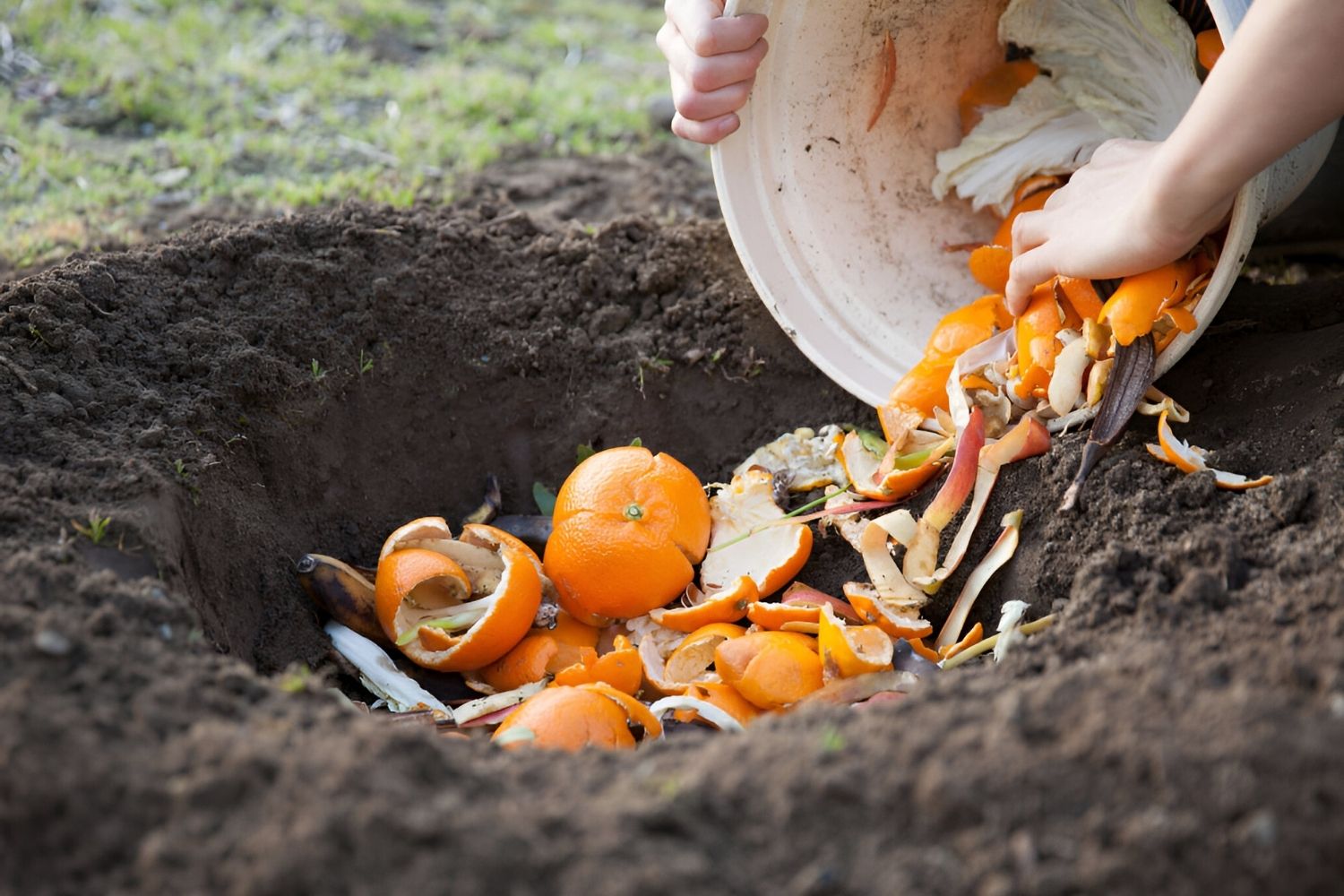
Composting is a fantastic way to recycle organic waste into nutrient-rich soil. But did you know that composting can reduce household waste by up to 30%? Composting not only helps the environment but also saves money on fertilizers. It's a simple process where kitchen scraps like fruit peels, coffee grounds, and eggshells mix with yard waste such as leaves and grass clippings. This mixture breaks down over time, creating a dark, crumbly substance perfect for gardens. Composting can be done in a backyard bin, a pile, or even indoors with a worm bin. Ready to learn more? Here are 28 facts about composting that will turn you into a composting pro!
What is Composting?
Composting is nature's way of recycling organic waste into valuable soil. By composting, you can help reduce landfill waste and create nutrient-rich soil for your garden.
- Composting transforms kitchen scraps, yard waste, and other organic materials into a dark, crumbly substance called humus.
- The process involves microorganisms like bacteria and fungi breaking down the organic matter.
- Composting can significantly reduce the amount of waste sent to landfills, which helps lower greenhouse gas emissions.
Benefits of Composting
Composting offers numerous advantages for both the environment and your garden. Here are some key benefits.
- Compost improves soil structure, making it easier for plants to grow.
- It helps retain moisture in the soil, reducing the need for frequent watering.
- Compost provides essential nutrients to plants, promoting healthier growth.
- Using compost can reduce the need for chemical fertilizers, which can harm the environment.
- Composting can save money on waste disposal and gardening supplies.
Types of Composting
There are several methods of composting, each with its own unique process and benefits. Let's explore some of the most common types.
- Aerobic composting requires oxygen and involves regularly turning the compost pile to keep it aerated.
- Anaerobic composting occurs without oxygen and typically takes longer to break down materials.
- Vermicomposting uses worms to decompose organic waste, producing nutrient-rich worm castings.
- Bokashi composting is a fermentation process that uses a special mix of microorganisms to break down food waste quickly.
What Can Be Composted?
Not all organic materials are suitable for composting. Knowing what can and cannot be composted is crucial for successful composting.
- Fruit and vegetable scraps are excellent for composting.
- Coffee grounds and tea bags can be added to the compost pile.
- Eggshells provide calcium and other minerals to the compost.
- Grass clippings and leaves are great sources of nitrogen and carbon.
- Paper and cardboard can be composted if they are free of ink and plastic coatings.
What Should Not Be Composted?
Certain materials can harm your compost pile or attract pests. Avoid adding these items to your compost.
- Meat, dairy products, and oily foods can attract rodents and produce unpleasant odors.
- Diseased plants and weeds with seeds can spread diseases and unwanted plants.
- Pet waste can contain harmful pathogens that may not break down during composting.
- Synthetic materials like plastic, metal, and glass do not decompose and should be kept out of the compost pile.
How to Start Composting
Starting a compost pile is simple and can be done in your backyard or even indoors. Follow these steps to get started.
- Choose a compost bin or create a compost pile in a shaded area of your yard.
- Layer green materials (nitrogen-rich) like fruit scraps with brown materials (carbon-rich) like leaves.
- Keep the compost moist but not too wet, similar to a wrung-out sponge.
- Turn the compost pile regularly to aerate it and speed up decomposition.
- In a few months to a year, your compost will be ready to use in your garden.
Interesting Facts About Composting
Here are some fun and surprising facts about composting that you might not know.
- The temperature inside a compost pile can reach up to 160°F, which helps kill weed seeds and pathogens.
- Composting can reduce household waste by up to 30%, making a significant impact on waste reduction efforts.
Composting: A Simple Step for a Greener Planet
Composting is a straightforward way to reduce waste and enrich soil. By turning kitchen scraps and yard waste into nutrient-rich compost, you help the environment and your garden. It reduces landfill waste, lowers greenhouse gas emissions, and promotes healthy plant growth. Plus, it’s easy to start with just a bin and some basic knowledge.
Remember, composting isn’t just for gardeners. Even if you don’t have a garden, you can still compost and donate the finished product to community gardens or local farms. Every little bit helps. So, why not give it a try? You’ll be surprised at how much waste you can divert from the trash and how rewarding it feels to contribute to a healthier planet. Happy composting!
Was this page helpful?
Our commitment to delivering trustworthy and engaging content is at the heart of what we do. Each fact on our site is contributed by real users like you, bringing a wealth of diverse insights and information. To ensure the highest standards of accuracy and reliability, our dedicated editors meticulously review each submission. This process guarantees that the facts we share are not only fascinating but also credible. Trust in our commitment to quality and authenticity as you explore and learn with us.
